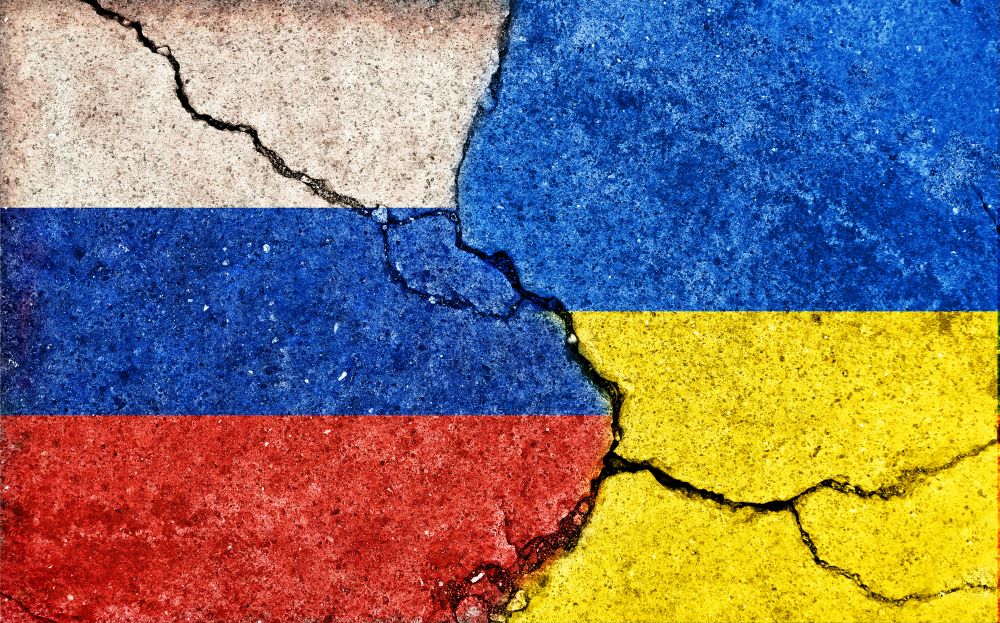
With Western leaders yesterday announcing a “first tranche” of sanctions against Vladimir Putin’s Russia, all eyes are on what additional ones could follow should the crisis in Ukraine escalate further.
So far, the assets of five banks, including Rossiya and Promsvyazbank, have been frozen, while three key oligarchs connected to Putin have also received sanctions.
However, several MPs and commentators have called on the UK to go further by doing more to restrict Russia’s ability to trade.
‘Ratcheting up’
According to reports in Politico, the UK government is said to be “ratcheting up” a stronger set of measures, including new export controls limiting Russia’s ability to trade in this country.
In parallel with this, it claims the UK government is also preparing to restrict Russia’s capacity to issue sovereign debt to raise funds on its markets.
It adds that treasury minister John Glen today (23d February) hosted a meeting of City firms, regulators and trade associations to discuss how Russian access to UK financial services could be limited further.
US action
It comes as US officials are reportedly considering cutting Russia off from Swift - the international financial payments network - and as the FT claims tougher measures from the White House have been “drawn up but not yet deployed”.
Options being talked about include restricting Russian banks from converting roubles into dollars and blocking high-technology exports in certain industrial sectors that are critical for the country’s economy.
Truss speaks
Foreign Secretary Liz Truss has already said: “We will curtail the ability of the Russian state and Russian companies to raise funds in our markets, prohibit a range of high-tech exports, and further isolate Russian banks from the global economy.”
Other options could be to strip targeted Russians of their visas. In today’s Times, Truss said there was a “further list of oligarchs” the UK could sanction.
“We still have sanctions left in the locker to impose in the event of a full invasion,” she said.
Strategic significance
Legislation was introduced earlier this month giving ministers powers to target companies and individuals “carrying on business of economic significance to the government of Russia, meaning the government has the ability to target companies in sectors of “strategic significance” such as energy, financial services, and information technology.
The Department for International Trade’s Export Control Joint Unit (ECJU) recently updated its guidance to traders about these new rules.
Roger Arthey, chair of the IOE&IT’s Export Control Profession, has advised traders to stay up-to-date with changing rules for trade with Russia by signing up to daily updates from the government here.



